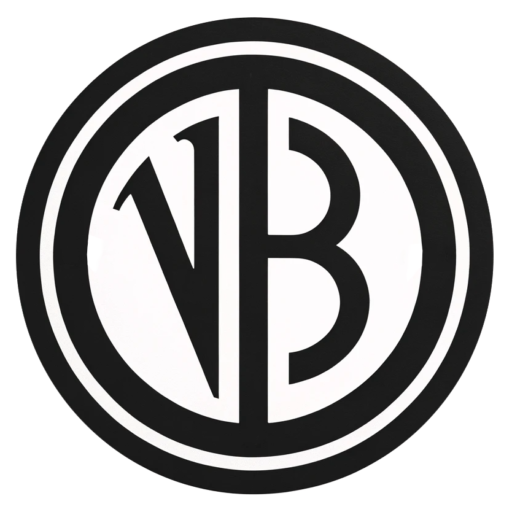Khlong Toei – The last slum of Bangkok
Year – 2012-2017
Location – Thailand: Bangkok
Story
Khlong Toei (in Thai: คลองเตย) is usually known to some tourists visiting Bangkok as a market, mainly for food, supplying many of the city’s restaurants. In reality, it is one of the 50 districts of Bangkok, and in the past, many Thais knew it as a slum or a very poor area of the city.
When I started taking photographs in this area in 2012, I immediately focused on one of the main canals that ran through the neighborhood. A canal that in ancient times would have been one of the many clean watercourses of Bangkok, but by 2012 was literally an open sewer where the overhanging shacks discharged sewage and waste illegally without any purification system.
On this canal of sewage—in which I could spend no more than a few hours due to the nauseating stench—there were people navigating on makeshift rafts, looking for reusable waste.
The living conditions inside the shacks, often half-collapsed or burned down due to electrical short circuits—which I encountered from 2012 to 2017—were absolutely unlivable for any modern Westerner. Yet, while photographing and wondering how people could live in that area with such dignity, I realized that we humans can get used to anything, even the worst, and if necessary, even the worst of the worst.
During the time spent in those places, the only aspect that occasionally bothered me was not the poverty itself. Poverty has never disturbed me. It was not the kind of poverty I had known, for example, in some rural areas of Laos, where people were content, living with little but in harmony with nature. What could be seen in some parts of Khlong Toei was a poverty founded on misery. It was the kind of poverty that arises in cities where the wealth gap between the poor and the rich is so excessive that it leads to the dehumanization of the marginalized. It was the same difference that probably existed in the past between an emperor and a slave.
This living dimension made me reflect on the meaning of democracy (the true one, not a facade), which, although not a perfect system, is still the only practicable form of government today that can contain that now-so-popular liberal capitalist system, especially in so-called emerging countries, and which tends to exacerbate inequalities among people by concentrating all power in the hands of a few.
Racconto
Khlong Toei (in thailandese: คลองเตย) è conosciuto solitamente da una parte dei turisti in visita a Bangkok come un mercato, per lo più alimentare, che rifornisce molti ristoranti della città. In realtà si tratta di uno dei 50 distretti di Bangkok e in passato molti thailandesi lo conoscevano come baraccopoli o come zona molto povera della città.
Quando ho iniziato a fare fotografie in quest’area, nel 2012, mi concentrai sin da subito su uno dei canali principali che attraversava il quartiere. Un canale che in tempi remoti sarà stato uno dei tanti corsi di acqua pulita di Bangkok, ma che nel 2012 era letteralmente una fogna a cielo aperto nella quale le baracche sovrastanti scaricavano liquami e rifiuti abusivamente senza alcun sistema di depurazione.
Su questo canale di liquami – nel quale potevo trascorrere non più di qualche ora di tempo a causa della puzza nauseabonda – c’era chi lo navigava stando in piedi su zattere improvvisate utili a cercare rifiuti riutilizzabili.
La dimensione di vita all’interno delle baracche, spesso per metà crollate o incendiate a causa di cortocircuiti elettrici – che ho conosciuto dal 2012 al 2017 – era per un qualsiasi occidentale odierno assolutamente invivibile. Eppure, mentre fotografavo e mi domandavo come le persone potessero vivere in quell’area con tanta dignità, mi resi conto che noi umani ci abituiamo a tutto, anche al peggio e se è il caso anche al peggio del peggio.
Durante il tempo trascorso in quei luoghi l’unico aspetto che a tratti mi infastidiva non era la povertà. La povertà non mi ha mai turbato. Non si trattava infatti della povertà che per esempio avevo conosciuto in alcune aree rurali del Laos, nelle quali la gente era serena, vivendo con poco ma in sintonia con la natura. Quello che si vedeva in alcune parti di Khlong Toei era una povertà fatta fondata sulla miseria. Era quella povertà che si viene a creare nelle città nelle quali il dislivello di ricchezza che c’è tra poveri e ricchi è così eccessivo da indurre a una disumanizzazione degli ultimi. Trattasi della stessa differenza che probabilmente c’era n tempo tra un imperatore e uno schiavo.
Tale dimensione di vita mi fece riflettere sul senso della democrazia (quella vera e non di facciata) che, sebbene non sia un sistema perfetto, è comunque a oggi l’unica forma di governo praticabile che può arginare quel sistema capitalista liberale tanto in voga, soprattutto nei paesi cosiddetti emergenti, e che tende ad acuire le disuguaglianze tra le persone accentrando tutto il potere nelle mani di pochi.


